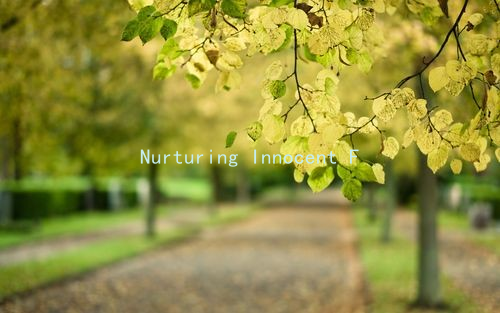Understanding Emotional Triggers: A Guide to Conflict Resolution in Love
Understanding Emotional Triggers: A Guide to Conflict Resolution in Love
Relationships can be complex, often characterized by emotional highs and lows. One essential aspect that often leads to misunderstandings and conflicts in romantic relationships is emotional triggers. These are responses evoked by certain words, actions, or situations that resurrect past hurts or insecurities, causing individuals to react defensively or aggressively. By understanding and managing these triggers, couples can navigate conflicts more effectively and build stronger, healthier relationships.
Emotional triggers can stem from various sources, including previous relationships, childhood experiences, or past traumas. For instance, if someone experienced betrayal in a former partnership, they may become excessively jealous or suspicious in a new relationship. Recognizing these triggers is the first step toward conflict resolution. Couples should openly communicate their feelings and experiences, creating an environment where both partners feel safe expressing their vulnerabilities.
One effective strategy for addressing emotional triggers is to adopt a proactive communication style. This means discussing potential triggers before they lead to conflict. For example, a couple might create a trigger glossary, where they list specific words or situations that evoke strong emotional responses. By doing this, each partner gains a deeper understanding of the others sensitivities, allowing for more compassionate responses when conflicts arise.
When conflicts do occur, emotional self-regulation is crucial. Both partners should practice remaining calm and composed, even in the heat of the moment. Techniques such as deep breathing, counting to ten, or taking a brief time-out can help individuals regain their composure before responding. This approach minimizes the risk of saying something hurtful in anger and allows for a more constructive dialogue.

Additionally, using I statements can significantly enhance understanding during conflicts. Instead of saying, “You never listen to me,” individuals can reframe their thoughts by saying, “I feel unheard when you don’t respond.” This method reduces blame and fosters a more collaborative atmosphere, encouraging both partners to engage in problem-solving rather than resorting to defensiveness.
Another essential component of conflict resolution is empathy. Cultivating an empathetic attitude allows partners to step into each other’s shoes, understanding the reasons behind their emotional reactions. When one partner expresses their feelings, the other should listen actively, validating their emotions without jumping to conclusions or offering immediate solutions. This validation can help dismantle walls and foster intimacy.
After resolving a conflict, couples should take time to reflect on the experience. Discussing what triggered the disagreement and how both partners can approach similar situations in the future is invaluable. Establishing a plan for addressing future conflicts can transform challenging interactions into opportunities for growth and understanding.
Lastly, seeking professional help, such as counseling or relationship coaching, can offer valuable tools tailored to a couples unique dynamics. A qualified professional can provide strategies that specifically address emotional triggers, equipping couples with the skills needed to manage conflicts more effectively.
In conclusion, understanding and managing emotional triggers is a crucial aspect of conflict resolution in romantic relationships. By fostering open communication, practicing empathy, and utilizing effective conflict-resolution techniques, couples can not only navigate challenges more gracefully but also strengthen their emotional connection. Building a resilient partnership requires effort and understanding, but the rewards of a fulfilling, harmonious relationship are well worth the investment.





